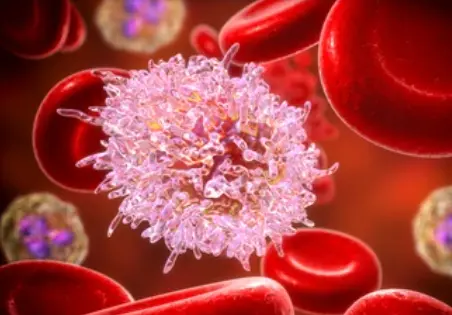 Welcome
Welcome
“May all be happy, may all be healed, may all be at peace and may no one ever suffer."
B-vitamins and Zinc deficiencies - Generics
B-vitamins and zinc are essential micronutrients that play a vital role in various physiological processes in the body. Deficiencies in these nutrients can lead to a range of health problems.
B-vitamins, including thiamin (B1), riboflavin (B2), niacin (B3), pyridoxine (B6), folic acid (B9), and cobalamin (B12), are essential for the metabolism of carbohydrates, fats, and proteins, as well as for the production of red blood cells and DNA. Deficiencies in B-vitamins can cause a range of symptoms, including fatigue, weakness, poor concentration, and nerve damage.
Zinc is a trace mineral that is essential for immune function, wound healing, and the production of DNA and protein. Zinc deficiency can lead to a range of symptoms, including impaired growth and development, skin rashes, hair loss, and impaired immune function.
Causes of B-vitamin and zinc deficiencies include poor dietary intake, malabsorption, and certain medications that interfere with nutrient absorption. People who follow a vegetarian or vegan diet may also be at higher risk of B-vitamin deficiencies, as these vitamins are primarily found in animal products. Zinc is found in a variety of foods, including oysters, red meat, poultry, beans, and nuts.
Treatment for B-vitamin and zinc deficiencies typically involves increasing intake through dietary changes or supplementation. In severe cases, a doctor may recommend injections of B-vitamins or zinc. It is important to work with a healthcare provider to diagnose and treat nutrient deficiencies, as too much of certain vitamins and minerals can also be harmful.

Sympathetic nerve block

Tardive Dyskinesia

Acute promyelocytic leuke...
Vaginal leucorrhoea

Osteoporosis

Periodontitis

Infections of the respira...

Vitamin B deficiencies
B-vitamins and Zinc deficiencies, বি-ভিটামিন এবং জিঙ্কের ঘাটতি
To be happy, beautiful, healthy, wealthy, hale and long-lived stay with DM3S.